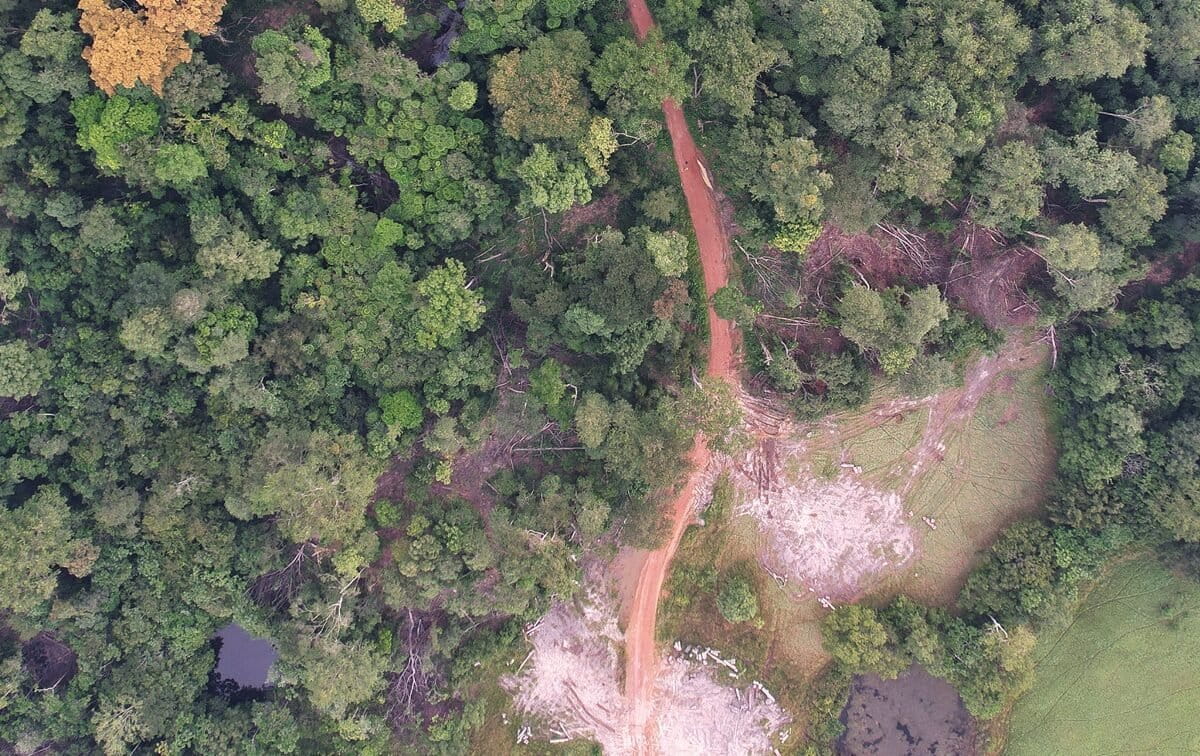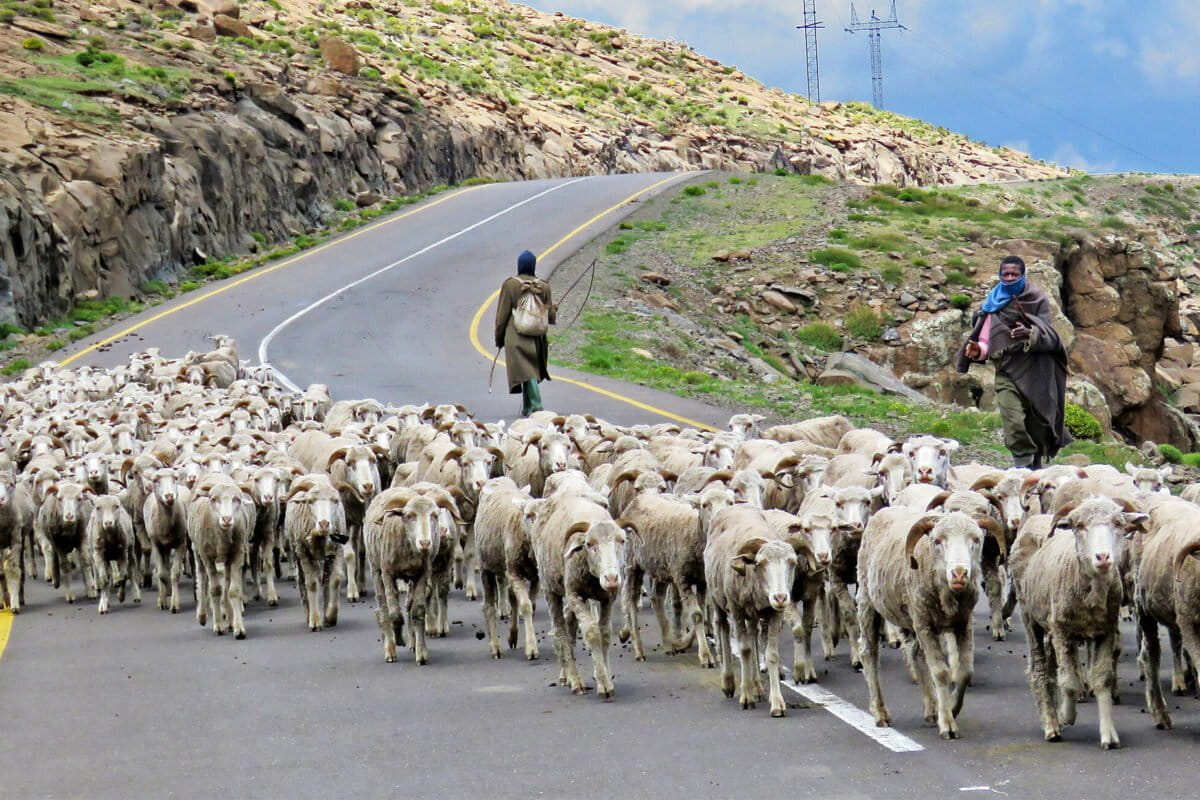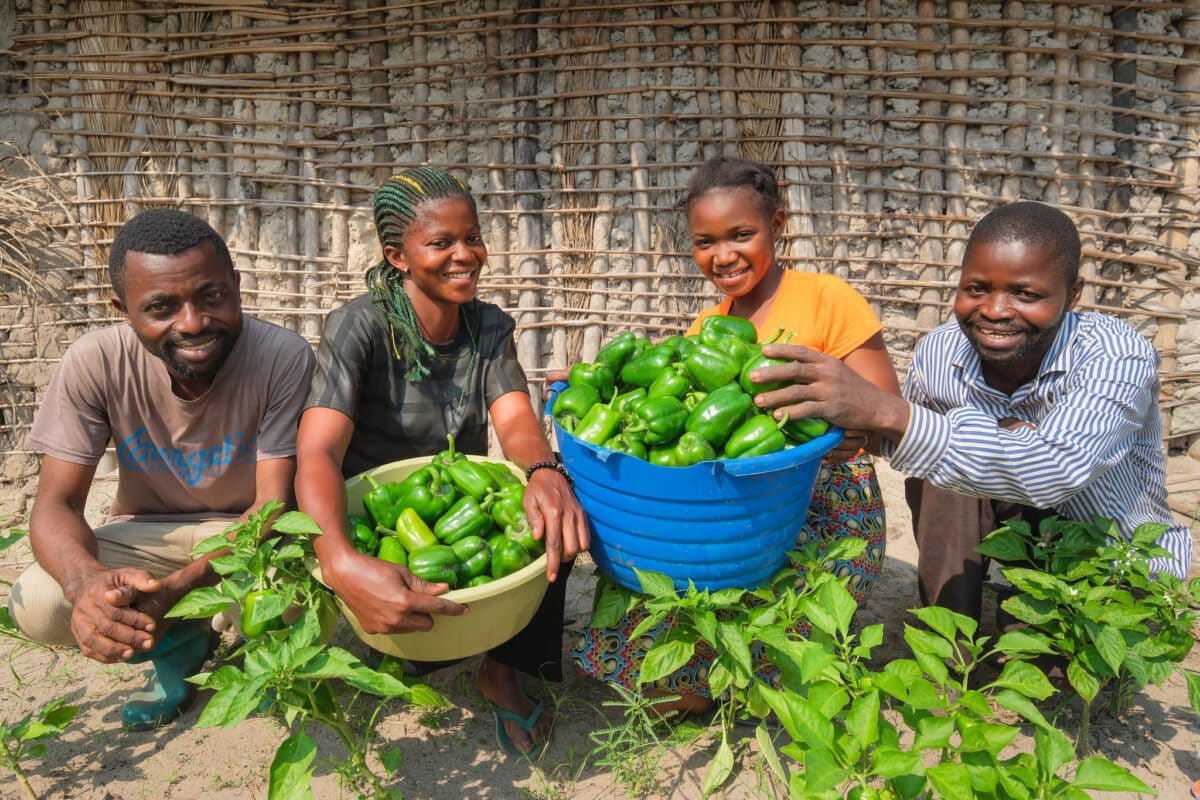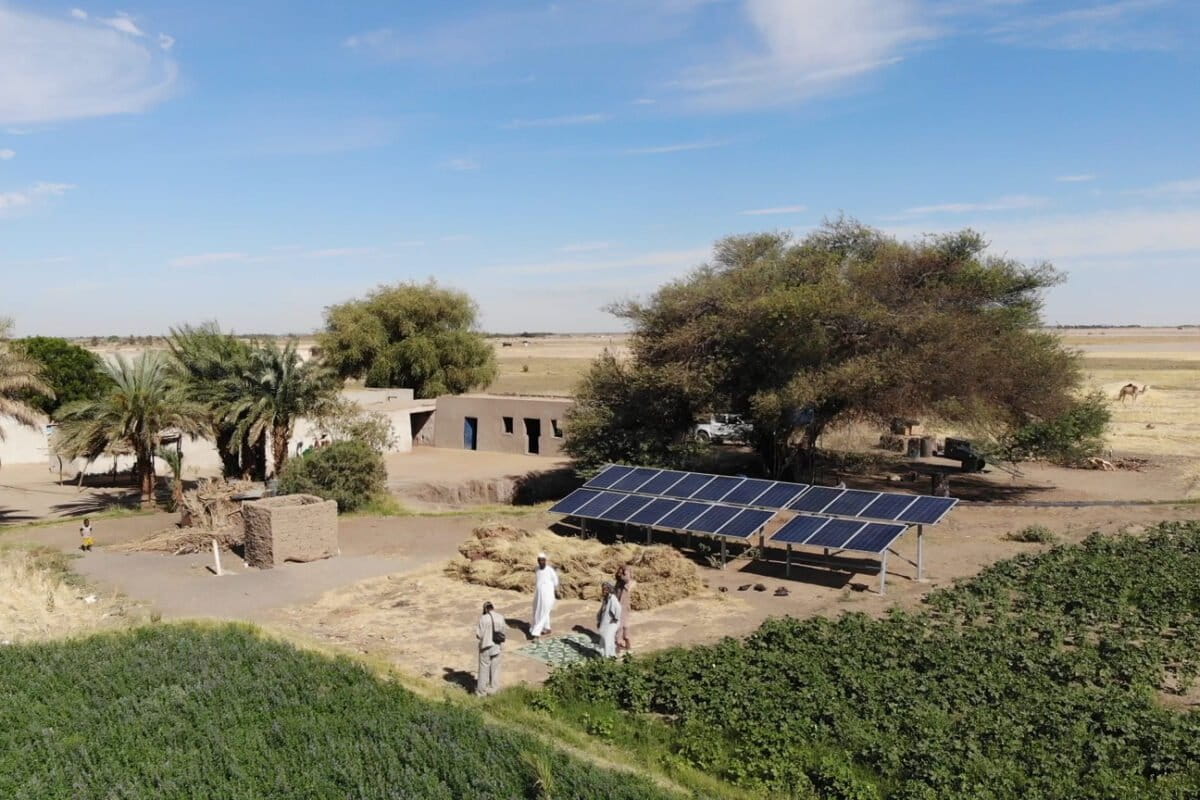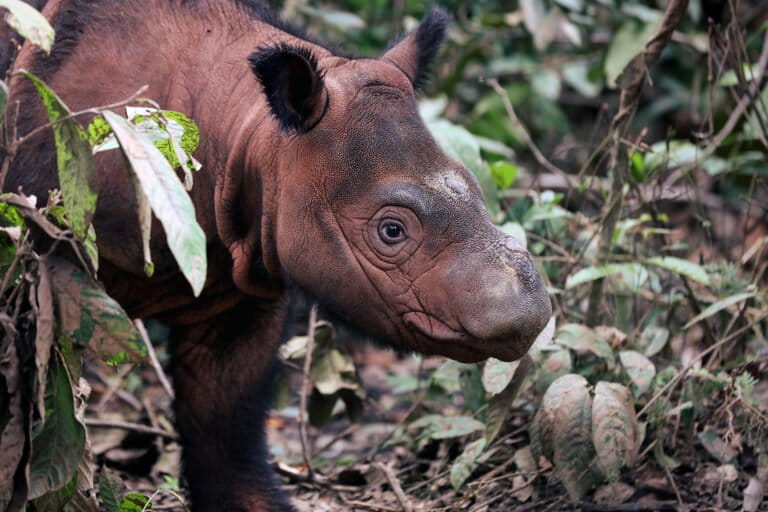- On Nov. 2, the Kenyan government began demolishing houses and evicting Indigenous Ogiek from the Maasai Mau Forest.
- The evictions are taking place despite a 2017 ruling by an African court of human rights that acknowledged the Ogiek’s claim to the forest as well as their traditional role in preserving it.
- Kenya Forest Service officials say they are acting against people who are living and farming in the forest illegally.
On Nov. 2, the Kenyan government began demolishing houses and destroying property belonging to Indigenous Ogiek living in the Mau Forest. The Ogiek had won a landmark case in 2017 recognizing their rights to their ancestral land in the forest. The Kenya Forest Service said this did not extend to farming and building homes in the forest.
“They have been burning houses and food stores, which is really frustrating, especially during such a rainy season,” Daniel Kobei told Mongabay in a phone interview. “We estimate the losses currently at 50 million shillings [$330,000]. It is a humanitarian crisis.”
Kobei is executive director of the Ogiek Peoples’ Development Program (OPDP), set up by Ogiek professionals and elders to defend Ogiek land rights and identity as well as ensuring environmental protection.
The Maasai Mau Forest Reserve is part of the Mau Forest Complex, one of the largest forests in East Africa and home to the forest-dwelling Ogiek community.
Chief conservator of forests Alex Lemarkoko denied that the KFS was targeting the Ogiek, telling Mongabay that the forest service was acting against people it said had illegally established themselves in the forest. “We are dealing with people who have encroached into the forest and started farming and building structures. We are not, however, targeting the Ogiek community,” Lemarkoko told Mongabay.


African rights court ruling provides no protection
According to OPDP, last week’s evictions affected 700 families in the Sasimwani area of Narok county, about 132 miles from the Kenyan capital, Nairobi. KFS officers began pulling down houses on Nov. 2 and returned over the weekend, setting some homes and granaries on fire. Demolitions continued this week.
This is not the first time the Ogiek have faced expulsion from the forest. The Kenya Forestry Service first ordered Ogiek communities out in 2009. With support from the Kenya-based Centre for Minority Rights Development and Minority Rights Group International, the community submitted a complaint to the African Commission on Human and Peoples’ Rights.
The African Court of Human and Peoples’ Rights eventually heard the case and in 2017 ruled that by expelling them from their ancestral lands, the Kenyan government had violated the Ogieks’ rights to life, natural resources, development and culture as guaranteed under the African Charter on Human and Peoples’ Rights, to which it is a signatory.
Mongabay has previously reported that many members of evicted communities settled on the fringes of their ancestral land, and some Ogiek took up livestock herding or even logging to sustain themselves. More positively, following the African court ruling, the forest service allowed controlled access to certain areas of the forest to farm and find herbal medicine, and beginning in 2018, collaborated with Ogiek community members to patrol the forest.
But in July 2020 — in the midst of the COVID pandemic — Ogiek living in Eastern Mau were evicted by KFS, again drawing sharp criticism from local and international organizations.
Barely two years later, in June 2022, the African human rights court delivered another landmark ruling that ordered the Kenyan government to allow the Ogiek to return to their land. The court stated that the government’s conservation objectives could not be used to justify evicting the Ogiek, whom the ruling recognized for their role in safeguarding their local ecosystems and its resources.
Wilson Memusi, chairman of the Narok chapter of the Ogiek Council of Elders, said his community had been waiting for the government to implement the African court ruling for close to six years; they instead woke up to evictions. “This is not what we expected after fighting for so long to secure our rights and recognition as an Indigenous community.”
Judith Nguliso said her home had been burnt down, together with the granary where her family stored the food. She said her family was out in the cold with no food.
“They are treating us like animals. Children are suffering and don’t have shelter in this rainy season. If the government who should be taking care of us are against us, then who will?” Nguliso said.
She said that besides lacking shelter, the evicted families currently did not have food after their granaries had been set ablaze.

Forest service says it’s defending the environment
But Rift Valley regional commissioner Abdi Hassan said that members of the Ogiek community were among those who had encroached into the forest, which is protected against encroachment, logging of indigenous trees, charcoal burning and grazing of livestock without permits.
He told Mongabay that recognition of the Ogieks’ rights as an Indigenous community did not extend to the activities being carried out by communities currently living in the forest.
“The aim of flushing people out of the forest is to restore and rehabilitate the forest. Does Indigenous mean they have to interfere with biodiversity? They are farming, building homes, leasing land — activities which do not define them as hunters and gatherers,” Hassan said.
“This is in contradiction of activities that we have witnessed there: There are permanent structures, there are farms, there is charcoal burning, illegal grazing. Whatever they claim to be and whatever they are supposed to be and the activities within the forest are at variance.”
Kobei acknowledged that there was ongoing deforestation, but he said the Ogiek were not responsible. He said poor enforcement of laws and corrupt officials have allowed other people to enter the forest to damage it.
“It is not a secret that other communities are moving into the forests and constructing homes in the name of shamba system because of corruption. If we are all expelled, those communities have places to go, and for us, we have nowhere else,” Kobei added.
In a Nov. 4 statement, Minority Rights Group co-executive director Joshua Castellino criticized the Kenyan government’s actions, calling them a “flagrant disregard for the rule of law.”
“In Kenya, the Ogiek represent the slim hope for mitigation against the current climate emergency,” Castillino wrote. “Yet instead of enabling them to get on with repairing their ancestral ecosystem that has been destroyed by others, the government is choosing to illegally evict them under the guise of conservation. It is a disaster for both Ogiek peoples’ rights and for the environment, and there is no one to blame but the Kenyan government.”
Banner image: People recovering belongings from a house demolished by Kenya Forest Service officers in Narok County, November 2023. Image courtesy OPDP.
See related coverage:
Mau Forest rehabilitation still overshadowed by forced evictions
FEEDBACK: Use this form to send a message to the author of this post. If you want to post a public comment, you can do that at the bottom of the page.



